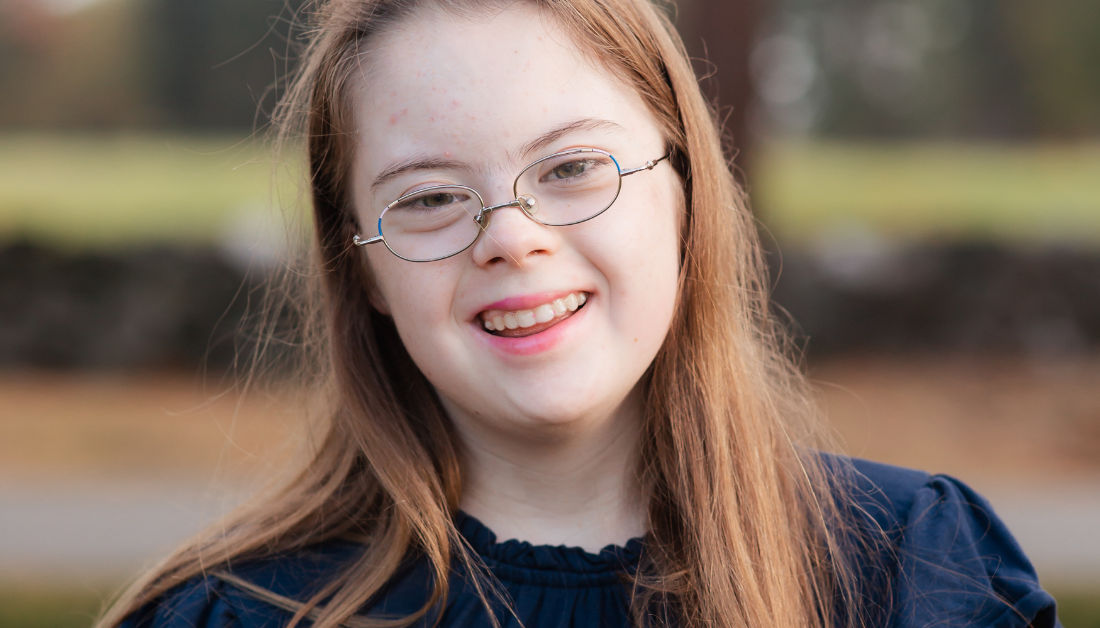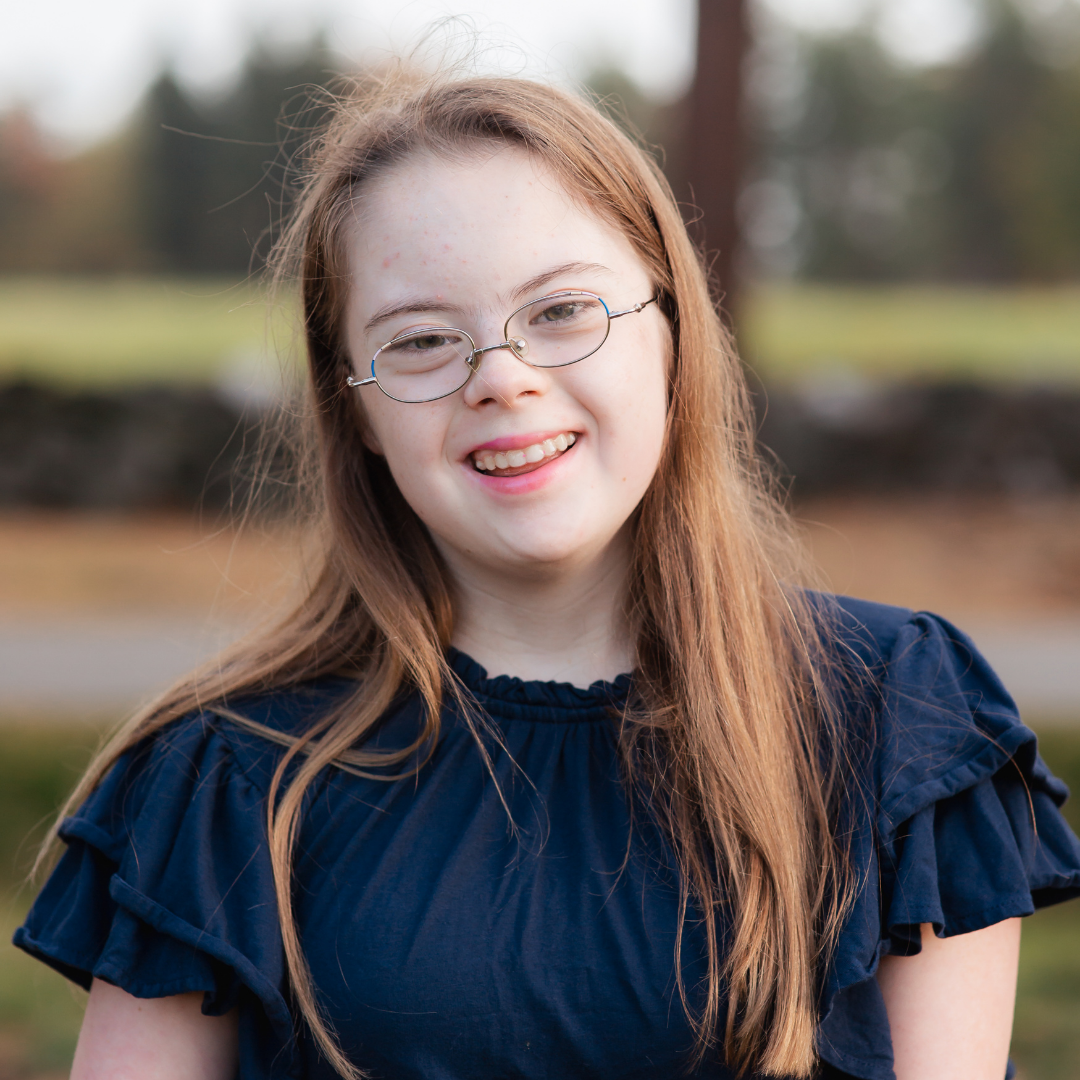
Is there power in saying, “I’m sorry”? The nurse at Penny’s school called me to tell me that Penny had a sore throat and a stomach ache and I needed to come get her.*
What I did not tell the nurse is that Penny also had physics class, and I was pretty sure that what had been a tolerable post-nasal drip situation had become unbearable in light of that news. A few hours later, Penny confirmed my suspicions.
Still, I needed to provide some proof that she wasn’t sick with Covid in order to return her to school, so we made a doctor’s appointment. I wasn’t exactly kind in the car ride when I explained that this was costing money and time. She nodded. “When we get to the parking lot, I have something to say,” she told me.
Once we arrived, she asked me to face her. She looked me in the eyes, took my hands in hers, and said, “Mom, I’m sorry.”
The tight knot of anger inside my chest melted. Her sincere words were all I needed.
The Power of “I’m Sorry”
I thought of that moment when I listened to Bryan Stevenson’s conversation with Krista Tippett this week. Stevenson is the founder of the Equal Justice Initiative, and the author of Just Mercy. He tells the story of when EJI was opening their Legacy Museum in downtown Montgomery:
The local newspaper, the Montgomery Advertiser, was kind of complaining a little bit. They said, oh, we know you’re gonna talk to The New York Times and The Washington Post and all of these other — but you won’t talk to us. And we showed them their coverage, their media, their coverage of lynchings that took place in this area, early in the twentieth century. And you read it, and it breaks your heart. They were absolutely encouraging this violence. And I said, “If you ask me why don’t I trust you, it’s rooted in my knowledge of this history.”
We started a dialogue, and the editor didn’t know about any of that stuff, but when we confronted him, he says, “You know what? We have to apologize.”
I said, “I think that would be really powerful.” And on the opening [of the museum], they did this massive headline, massive frontpage, a whole edition dedicated to apologizing for their role in contributing to racial terror, lynchings, in this community. And it was really powerful.”
Public Confession
When I heard that story, I stopped what I was doing just to let the weight of it sink in. My throat clenched with tears. It was as if my body viscerally recognized the power of that public confession.

On one level, it trivializes the power of reckoning with centuries of racism to compare this moment to my daughter apologizing for faking illness. But this trivial moment and this profound moment speak to the power of apology, the power of public confession, of admitting wrongdoing without caveat.
For Penny, naming her offense out loud made it far more likely that she won’t do it again.
I have to assume the same is true with this newspaper in Montgomery. In publicly naming their past transgressions, they open the way for future redemptive work.
For us individually, and for us as a society, healing begins with “I’m sorry.”
*Story told with Penny’s permission
Continue reading with Amy Julia:
- Civil Rights Tour Itinerary
- Continuing the Conversation: Penny and Black Lives Matter
- On Political Correctness and Learning the Language of Love
If you haven’t already, please subscribe to receive regular updates and news. You can also follow me on Facebook, Instagram, and Twitter, and you can subscribe to my Love is Stronger Than Fear podcast on your favorite podcast platforms.




This Post Has 4 Comments
Thanks for sharing this beautiful story! Love to you and all the Becker family, Elizabeth
Thank you, Elizabeth!
Thank you for your wisdom. I sincere and timely apology can work wonders. It can be a healing balm that gives us hope. Alabama is like home for me. I celebrated Christmas with family in Alabama and lived there for 6 years. I witnessed the devastating impact of racism firsthand and, if I took you there today, it would not be difficult to point out how the devastation continues. So, there is the apology for the past and the apology needed for what continues. Acknowledging the wrongs in the present moment is where love can do it’s most powerful work.
I agree, and I think that apologizing brings with it a sense of responsibility and ownership for the wrongdoing which can lead to both different actions in the future and potentially looking for ways to repair the harm done in the past.